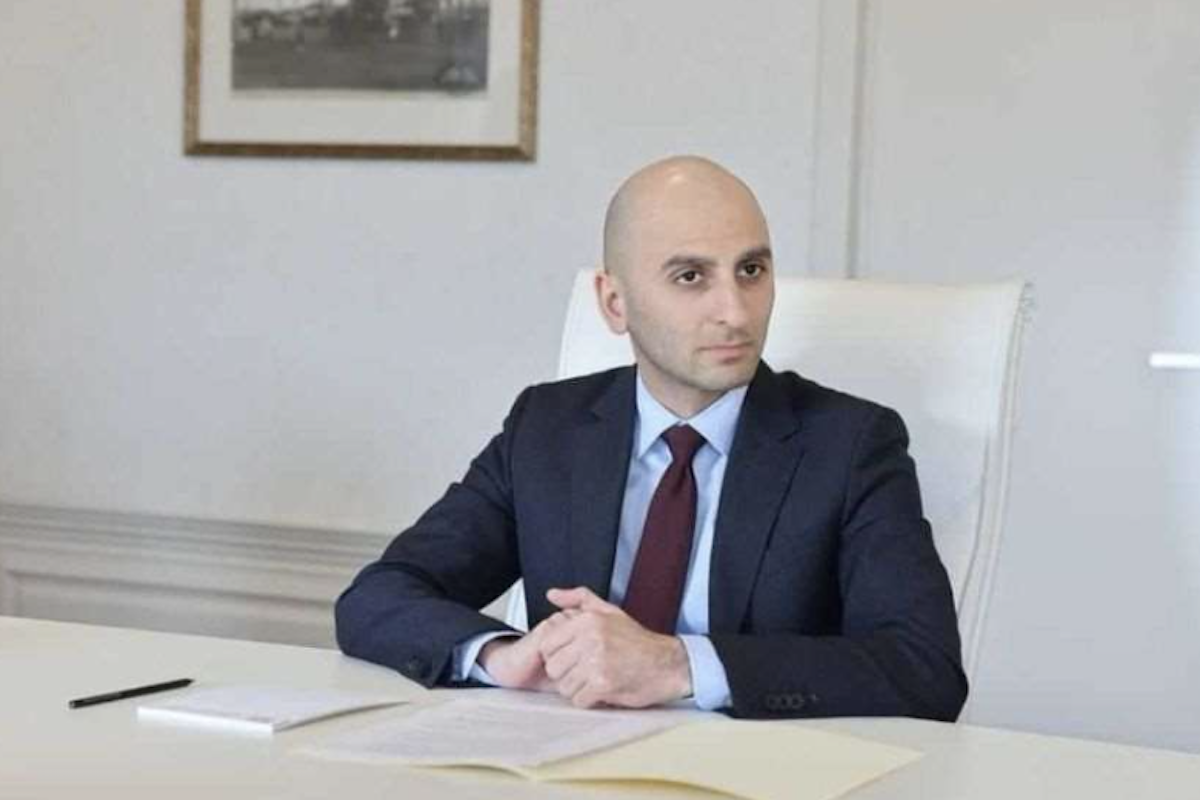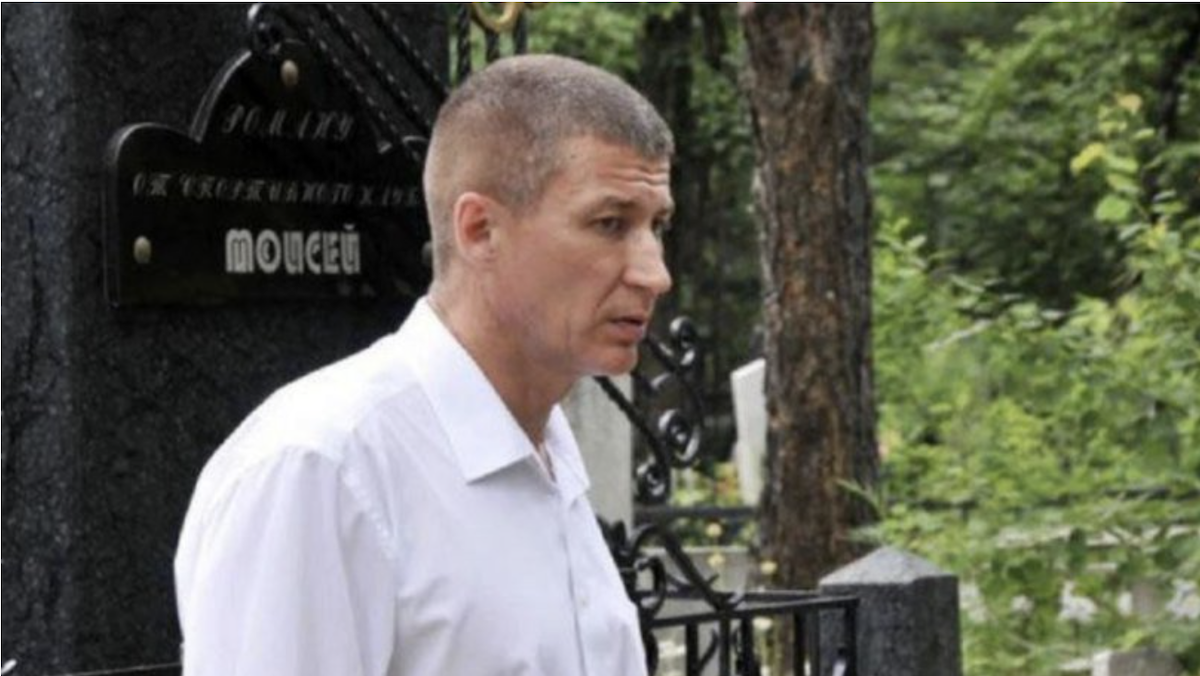Azerbaijani civic activist says prison conditions are unbearable
Civic activist Ilkin Rustamzade has released a message attesting to the horrible prison conditions in Detention Facility No. 13.
The prison has long been known for its inhumane imprisonment conditions. Rustamzade’s message was published on the NIDA Civic Movement’s Facebook page and has been shared by the page’s numerous subscribers. The message has now made its way to the mainstream media.
The NIDA Civic Movement was created in Baku in 2011 by a youth group and is of an opposition nature. NIDA members say that their aim is to protect human rights and to enact social and judicial changes in order to create a civil society in Azerbaijan.
Rustamzade’s message contained the following:
– Several days after an operation to remove a cyst from his spine, he was released from the hospital ward without having had time to recover;
– He has been forbidden from calling his girlfriend who lives in Sweden;
– He is constantly forced to write explanatory and confession notes.
Ilkin Rustamzade was sentenced to eight years in prison in 2014 after being convicted of organising mass riots. The charges referred to youth demonstrations against non-combat losses in the army.
Another seven NIDA members received prison sentences from six to eight years in length at the same time. Rustamzade’s companions were given amnesty, and a month ago the European Court of Human Rights passed a resolution demanding that Azerbaijan give them compensation for time unjustly served.
-Four Azerbaijani activists to receive thousands in compensation for unjust imprisonment
Ilkin Rustamzade, however, is still serving his sentence. Some human rights advocates believe this is because he has been unwavering in his affirmation that he is innocent. This, in turn, has led to increased pressure being placed upon him and harassment in prison, which he is now protesting.
This is not the first time a statement was released by an imprisoned opposition member or civic activist attesting to their inhumane treatment in the prison system. Ilgar Mammadov, the head of the Republican Alternative opposition party has also protested beatings, refusal of medical services and pressure. Two other NIDA activists, Qiyas Ibrahimov and Bayram Mammadov, in addition to a number of others, have faced similar issues.
The two youth activists were sentenced to 10 years in prison on drug charges. Human rights organisations say that the real reason behind their imprisonment was graffiti sprayed onto a statue of the former president of Azerbaijan, Heydar Aliyev.
Mammadov said that he was not given treatment when critically ill, and was instead moved to a bed near the toilet where heavy drafts and foul smells were present. In protest, Mammadov began a hunger strike and stopped only after the prison administration promised to move him to a different area and begin proper treatment for his condition.
One of the most egregious cases in Azerbaijani prisons was the suicide of activist and blogger Mehman Qalandarov. In April 2017, he hung himself in a detention centre.
Human rights advocate Eldar Zeynalov explained how prisoners can have inhumane detention conditions addressed. If the complaint includes proof, then a lawyer can appeal to the European Court of Human Rights. If the court deems it necessary, a case is opened.
But the investigation is conducted by the prison administration itself or the prosecutor’s office. This is generally where the case comes to an end. On several occasions the European Court of Human Rights has detected violations committed during the course of an investigation but this has rarely been followed by an official reaction.
“I can’t remember a single time when someone was punished for harshly dealing with prisoners, and the victims have only ever received compensation in the best of cases,” says Eldar Zeynalov.
In his opinion, Ilkin Rustamzade must make a formal appeal for help and seek the aid of a lawyer and not that of his friends.



















